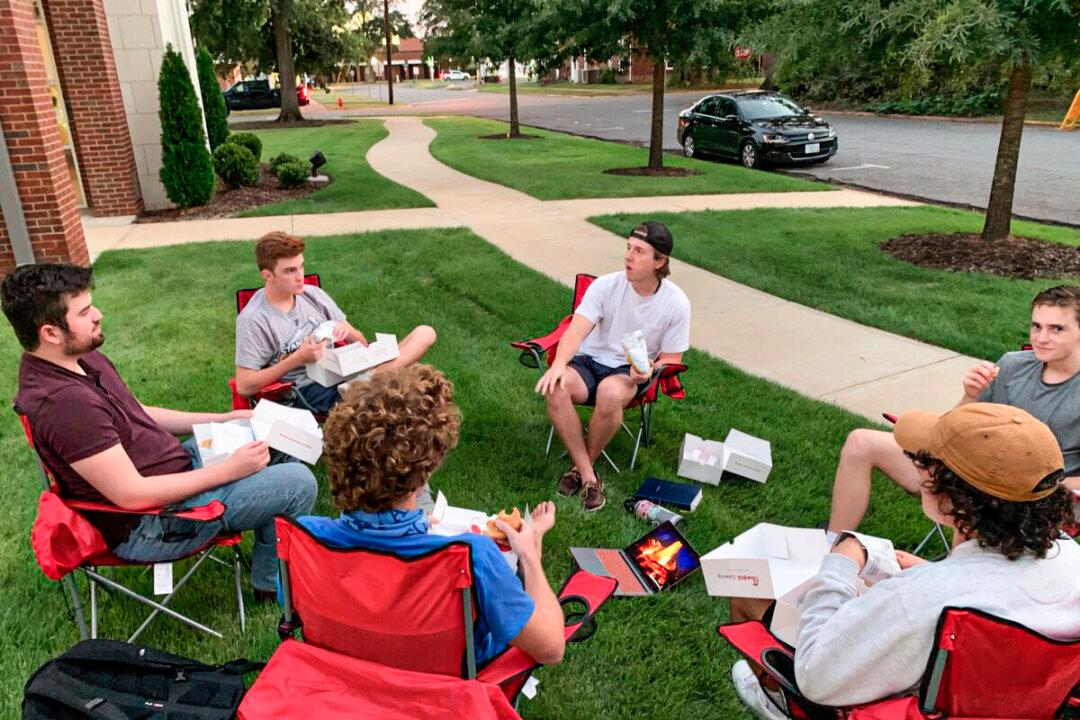When he was 11, Terrell Blue’s mom was in prison, his 3-year-old brother had just died, and his dad “was in and out of jail.”
Knowing he needed a role model, Blue’s aunt enrolled him in Big Brothers Big Sisters of America, one of the oldest and largest mentoring programs in the nation.
